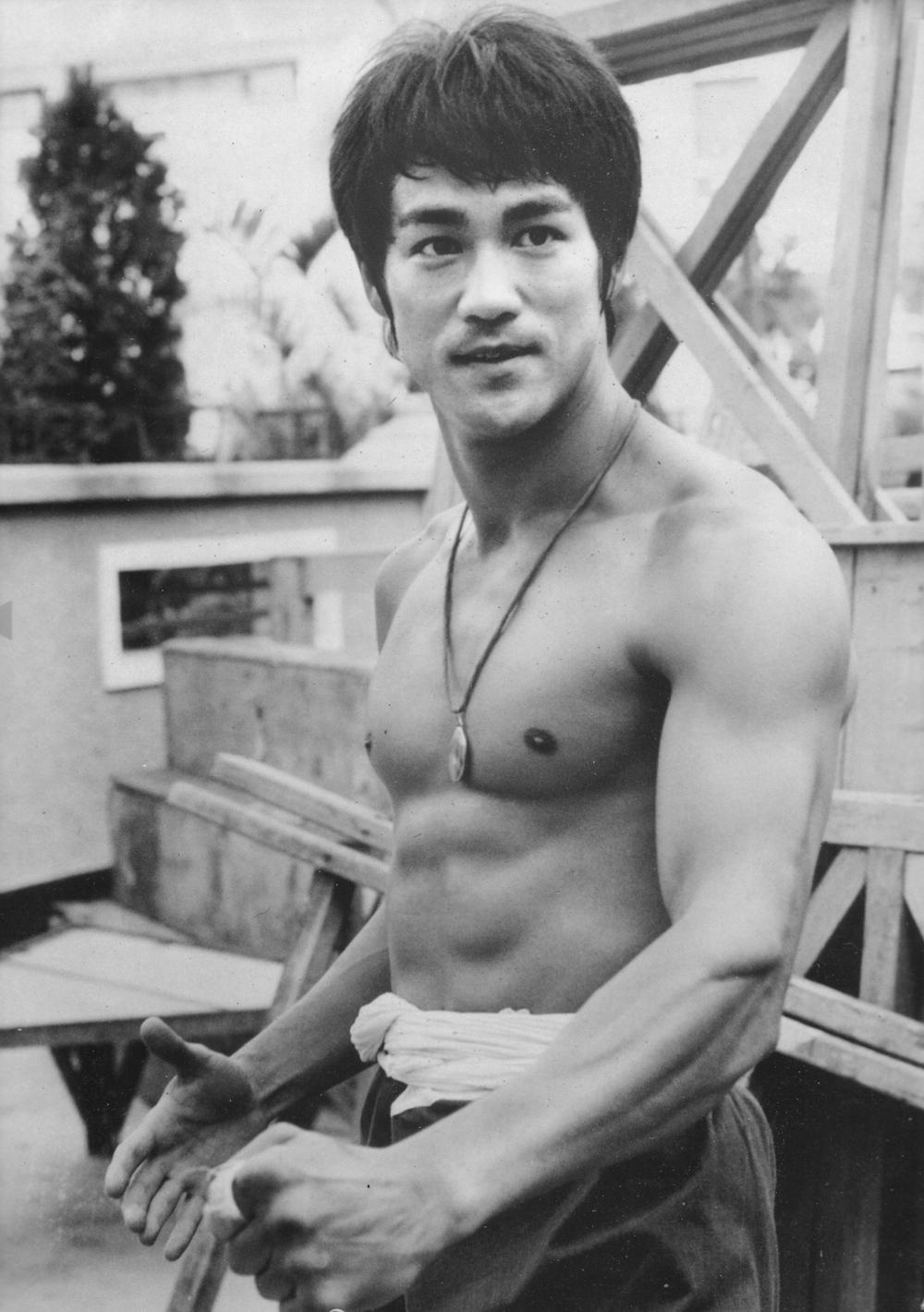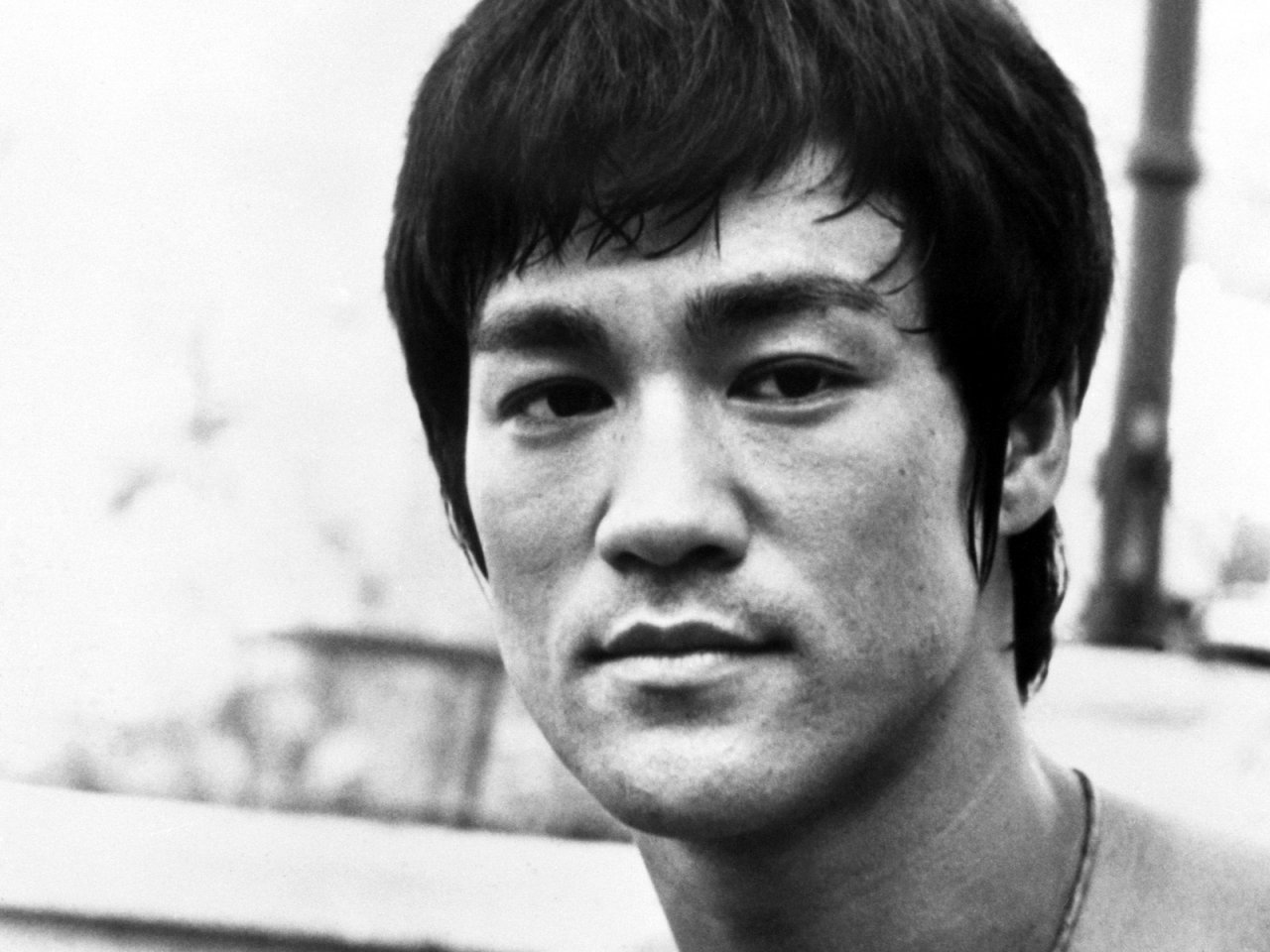Bruce Lee, a name synonymous with martial arts and action cinema, has left an indelible mark on the world. His influence transcends generations, and his legacy continues to inspire millions worldwide. As a martial artist, actor, philosopher, and filmmaker, Bruce Lee became a cultural icon whose contributions to both the art of self-defense and filmmaking remain unmatched. In this article, we will delve deep into the life, career, and philosophies of this extraordinary individual, exploring what made him a global phenomenon.
Bruce Lee's impact on the martial arts world and the entertainment industry cannot be overstated. His unique approach to martial arts combined with his charismatic screen presence revolutionized how action films were perceived. Beyond his physical prowess, Lee's philosophical teachings and dedication to self-discipline have resonated with people across the globe, making him a timeless figure in popular culture.
This comprehensive article aims to provide an in-depth look into Bruce Lee's life, from his early years to his rise as a global superstar. We will explore his martial arts philosophy, his contributions to filmmaking, and the lasting legacy he left behind. Whether you're a fan of martial arts, a cinephile, or simply curious about one of history's most influential figures, this article offers valuable insights into the life and work of Bruce Lee.
Read also:Bill Gatzimos Age A Comprehensive Look At The Life And Legacy Of A Visionary Entrepreneur
Table of Contents
- Bruce Lee Biography
- Bruce Lee's Early Life
- Martial Arts Journey
- Acting Career
- Bruce Lee's Philosophy
- Bruce Lee's Legacy
- Impact on Martial Arts and Cinema
- Bruce Lee's Personal Life
- Health and Fitness Regimen
- Common Myths About Bruce Lee
Bruce Lee Biography
Personal Data
| Full Name | Bruce Jun Fan Lee |
|---|---|
| Birth Date | November 27, 1940 |
| Birthplace | San Francisco, California, USA |
| Death Date | July 20, 1973 |
| Death Place | Kowloon, Hong Kong |
| Occupation | Martial Artist, Actor, Philosopher, Filmmaker |
Bruce Lee, born Bruce Jun Fan Lee, was a martial artist, actor, and filmmaker who became an international icon. His life was a testament to his relentless pursuit of excellence in both martial arts and filmmaking. From his early days in Hong Kong to his rise as a global star, Lee's journey is one of perseverance, innovation, and inspiration.
Bruce Lee's Early Life
Born in San Francisco to parents from Hong Kong, Bruce Lee's early years were marked by a mix of cultures and influences. His father, Lee Hoi-chuen, was a Cantonese opera star, which exposed Bruce to the world of performing arts from a young age. Bruce returned to Hong Kong with his family at the age of three, where he grew up in a bustling environment that would later shape his career.
As a child, Bruce was known for his rebellious nature and frequent involvement in street fights. It was during this time that he discovered his passion for martial arts, eventually training under the legendary Wing Chun master, Yip Man. This early exposure to martial arts laid the foundation for his future achievements and innovations in the field.
Martial Arts Journey
Wing Chun Training
Bruce Lee's martial arts journey began with Wing Chun, a traditional Chinese martial art known for its efficiency and practicality. Under the guidance of Yip Man, Lee mastered the fundamentals of Wing Chun, which emphasized close-range combat and rapid strikes. However, Lee's inquisitive nature led him to question the limitations of traditional martial arts.
Creation of Jeet Kune Do
In his quest for a more holistic approach to martial arts, Bruce Lee developed Jeet Kune Do, a martial art philosophy that emphasized simplicity, directness, and adaptability. Jeet Kune Do, often referred to as "the style of no style," encouraged practitioners to absorb what was useful and discard what was not, making it a highly personalized and effective form of self-defense.
Bruce Lee's approach to martial arts was revolutionary, as he believed in breaking away from rigid traditions and embracing a more fluid and adaptive style. His teachings continue to influence martial artists worldwide, emphasizing the importance of self-expression and individuality in combat.
Read also:Unveiling The Mystery What Is Ippa020001 And Its Significance
Acting Career
Bruce Lee's acting career began in Hong Kong, where he appeared in several films as a child actor. However, it was his move to Hollywood in the 1960s that marked the beginning of his rise to international fame. Lee's breakout role came with the television series "The Green Hornet," where he played the character Kato. Although the show was short-lived, it introduced Lee to a wider audience and showcased his unique blend of martial arts and charisma.
Lee's breakthrough as a global star came with the release of "The Way of the Dragon" (1972), a film he directed, produced, and starred in. The movie's success solidified his status as a martial arts superstar and paved the way for his subsequent films, including "Enter the Dragon" (1973), which remains one of the most iconic martial arts films of all time.
Bruce Lee's Philosophy
Beyond his martial arts and acting prowess, Bruce Lee was a profound thinker whose philosophical insights continue to inspire people worldwide. His philosophy emphasized the importance of self-discipline, adaptability, and continuous self-improvement. Lee believed that martial arts were not just about physical combat but also about cultivating mental and spiritual strength.
- Adaptability: Bruce Lee often compared life to water, emphasizing the importance of being fluid and adaptable in both martial arts and life.
- Self-Discipline: Lee's philosophy stressed the need for discipline in all aspects of life, from physical training to personal growth.
- Self-Expression: He encouraged individuals to express themselves authentically, rejecting rigid traditions and embracing individuality.
Bruce Lee's Legacy
Bruce Lee's legacy extends far beyond his achievements in martial arts and filmmaking. He broke racial barriers in Hollywood, becoming one of the first Asian actors to achieve global fame. His influence on action cinema is undeniable, as he set the stage for future martial arts stars and action filmmakers.
Lee's contributions to martial arts philosophy have inspired countless practitioners and thinkers, encouraging them to explore the deeper dimensions of self-defense and personal growth. His teachings continue to resonate with people from all walks of life, proving that his legacy is as relevant today as it was during his lifetime.
Impact on Martial Arts and Cinema
Bruce Lee's impact on martial arts and cinema is immeasurable. He revolutionized the way martial arts were perceived, transforming them from mere self-defense techniques into a form of artistic expression. His films not only showcased his incredible martial arts skills but also brought a new level of authenticity and excitement to action cinema.
Lee's influence can be seen in the works of countless filmmakers and martial artists who have followed in his footsteps. His ability to combine martial arts with storytelling created a new genre of films that continues to captivate audiences worldwide.
Bruce Lee's Personal Life
Despite his public persona as a martial arts legend and action star, Bruce Lee was also a devoted family man. He was married to Linda Emery, and the couple had two children, Brandon and Shannon. Lee's personal life was marked by a deep commitment to his family and a passion for learning and self-improvement.
Lee's untimely death at the age of 32 was a shock to fans worldwide. While the exact cause of his death remains a subject of debate, his legacy continues to inspire and influence generations of martial artists, filmmakers, and fans.
Health and Fitness Regimen
Bruce Lee's dedication to physical fitness was legendary. He believed that a strong body was essential for both martial arts and personal growth. Lee's fitness regimen was a combination of weight training, cardio, and martial arts practice, all designed to enhance his strength, speed, and agility.
Lee's commitment to fitness was not just about physical appearance but also about achieving peak performance in both martial arts and life. His workouts were intense and focused, reflecting his philosophy of continuous self-improvement and discipline.
Common Myths About Bruce Lee
Over the years, numerous myths and legends have emerged about Bruce Lee, some of which have been exaggerated or misrepresented. Here are a few common myths about Bruce Lee:
- Invincibility: While Bruce Lee was undoubtedly a skilled martial artist, the myth of his invincibility in combat is an exaggeration of his abilities.
- Superhuman Strength: Lee's physical strength was remarkable, but claims of superhuman feats are often overstated.
- Unmatched Speed: Although Lee was incredibly fast, the myth of him being the fastest martial artist ever is not entirely accurate.
It's important to separate fact from fiction when discussing Bruce Lee's life and achievements, as his real accomplishments speak for themselves without the need for embellishment.
Conclusion
Bruce Lee's life and career were a testament to his dedication, innovation, and passion for martial arts and filmmaking. From his early days in Hong Kong to his rise as a global superstar, Lee's influence continues to inspire millions worldwide. His contributions to martial arts philosophy, action cinema, and popular culture have left an indelible mark on history.
We invite you to share your thoughts and insights about Bruce Lee in the comments section below. Whether you're a fan of his films, a martial arts enthusiast, or simply curious about his life, we would love to hear from you. Additionally, feel free to explore other articles on our site for more fascinating content on martial arts, cinema, and beyond.


